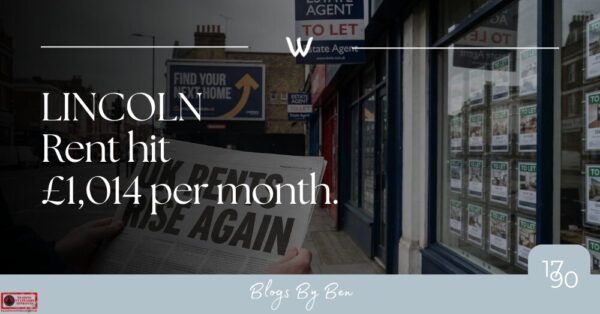The Autumn Budget delivered the expected changes to housing and taxation, although the impact will be felt more in sentiment than in immediate cost. The centrepiece was the new annual levy on homes worth more than £2m, due from 2028. Owners of £2m plus homes will pay more and the rest of us will pay more through the wider tax system.
None of it was a surprise. The charges are £2,500 a year for homes above £2m and £7,500 for those above £5m. It is a London centred measure that affects fewer than 1% of properties, yet it creates a clear psychological line that will shape behaviour between now and 2028.
The increase in property income tax from 2027 adds another layer of pressure for landlords. Years of higher borrowing costs, a steadier flow of regulation and changing rules have already reduced margins for many. This latest rise will push some to question whether they stay in the sector. If too many sell, rental supply tightens and rents rise further, making it attractive for the remaining landlords with higher yields. For first time buyers trying to save for a first purchase, that will make life harder as house prices rise (although mortgage payments as a percentage of household income are 26.5% lower than 2007)
Council tax revaluations will take place for those higher priced homes, but the adjustments will not be applied until 2028 and only the upper bands will change. This will create dividing lines on many streets where homes of similar value fall into different bands. It will add administrative strain without delivering immediate financial benefit and it does not address the outdated nature of the wider system.
There were no changes to Stamp Duty, which will bring relief to many. The months of speculation had led some Lincoln buyers and sellers to pause until the Budget passed. Now that the picture is clearer, activity should begin to settle. It could have been worse.
Even so, there are challenges ahead. The upper end of the Lincoln market will feel the weight of uncertainty as valuations, thresholds and future costs are debated. Local Landlords face increased taxation at a time when the supply of rental homes is already stretched.
The constant in all of this is the growing importance of a good letting agent. Skilled agents help landlords navigate compliance, avoid voids, manage rising costs and keep investment performance steady. In a tougher tax landscape, that support becomes essential to keep rental supply flowing and to give tenants the stability they need while maximising the rental investment to mitigate the increase in taxation.
The Budget gives the market clarity, not comfort. It avoids the shock of Stamp Duty reform, yet it sets the tone for the next few years. Measured, predictable, and with enough pressure to keep everyone alert.
Over the coming week, I will reflect on the details in greater depth and analyse it and report back my thoughts.



